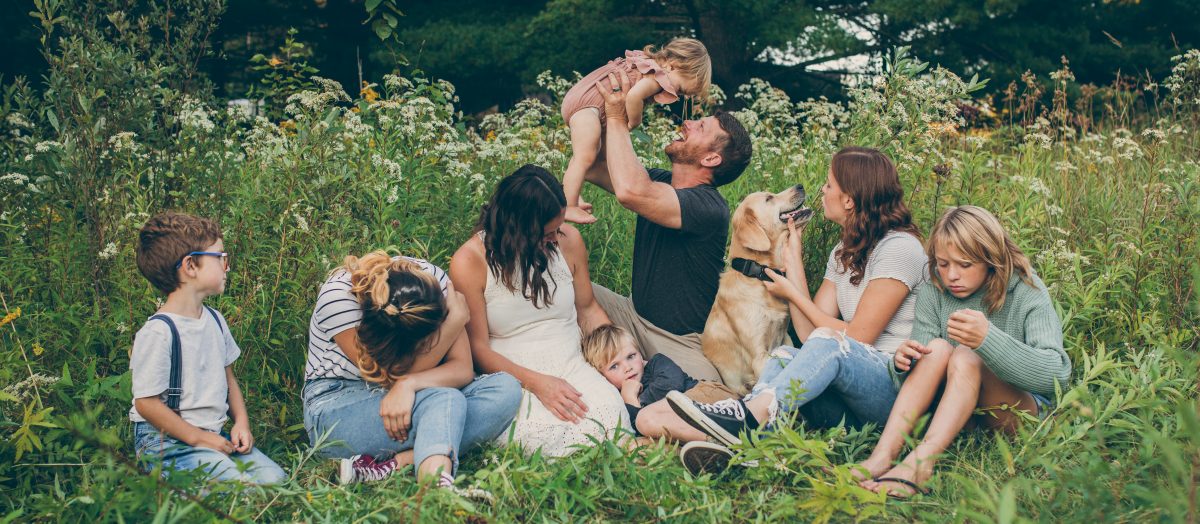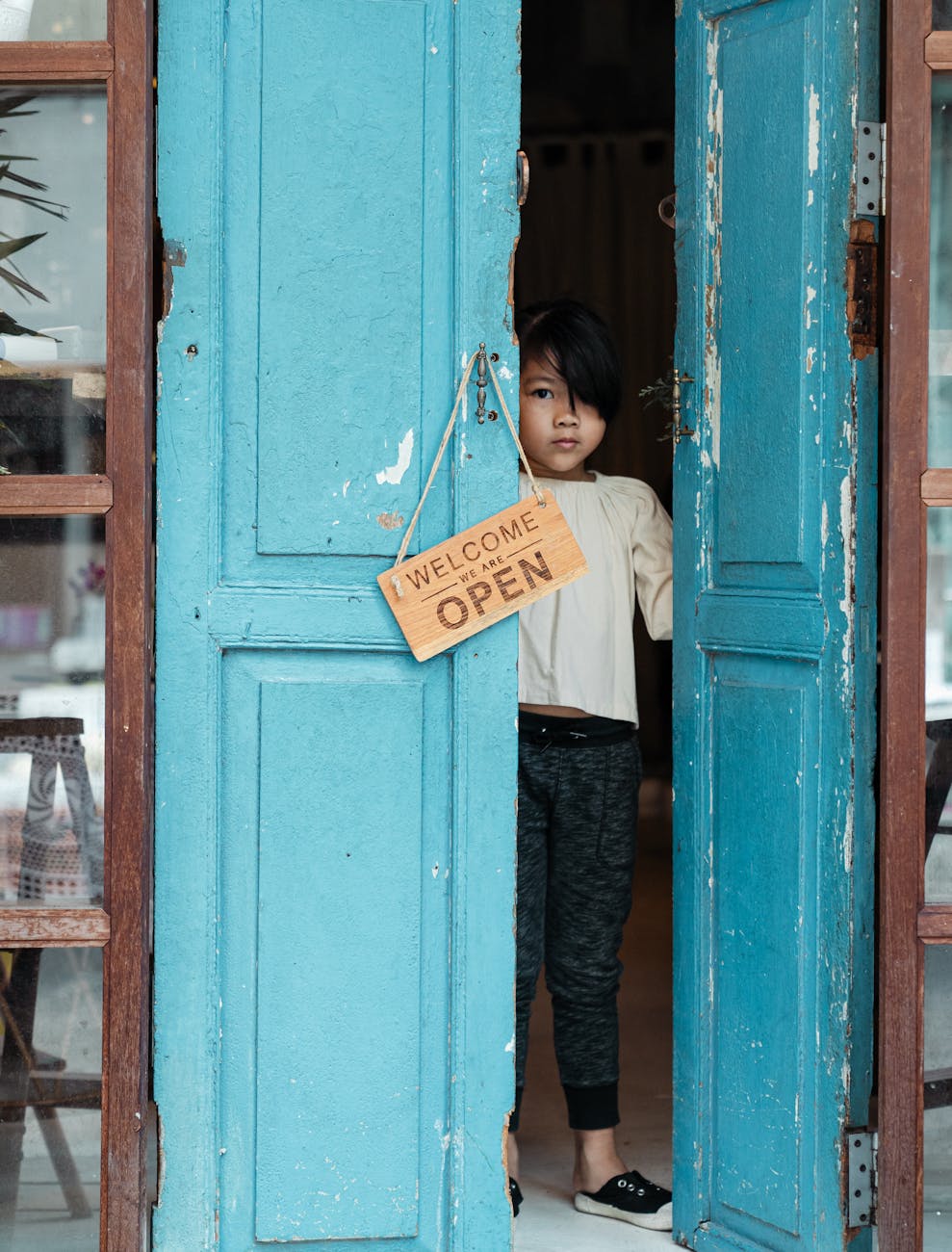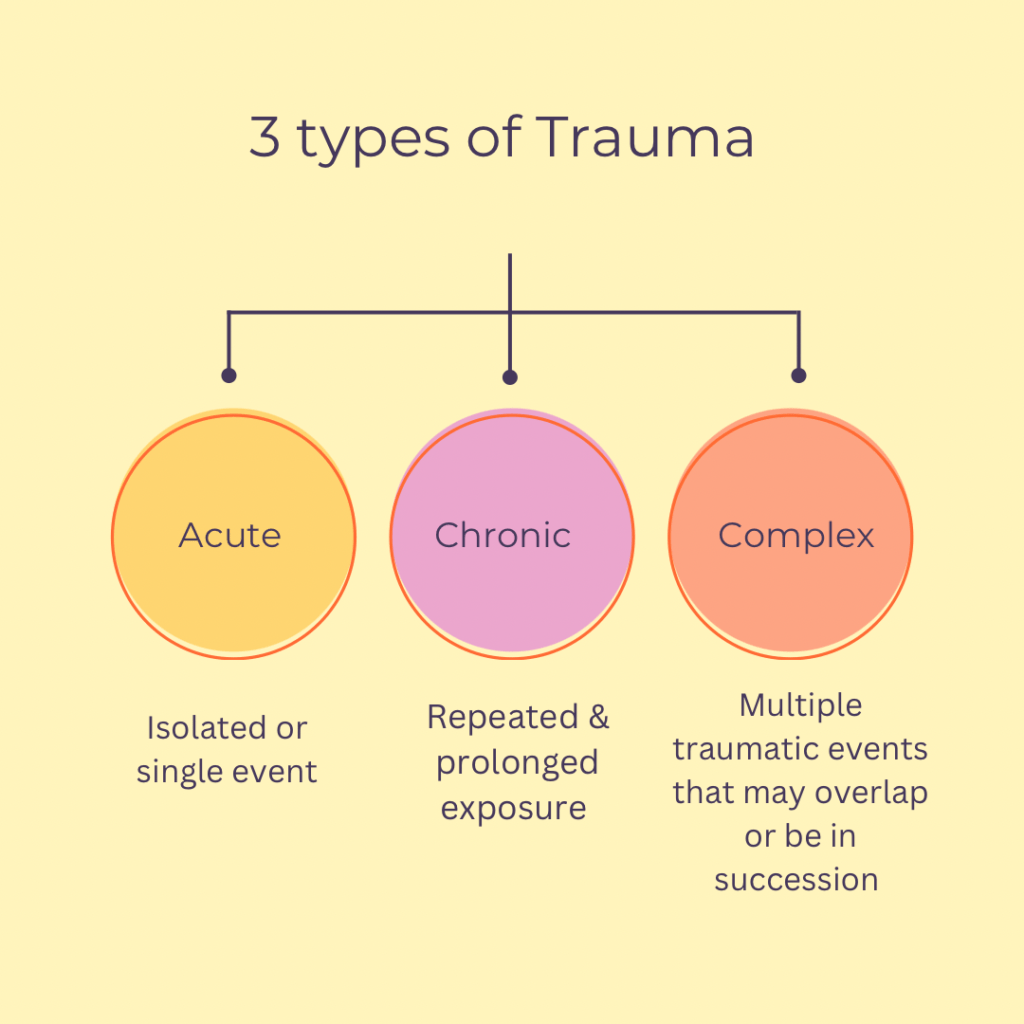“Joy is the oxygen for doing hard things in the world.” -Gary Haugen
I was listening to a podcast one day as I drove and I heard these words. I reached quickly for the pause button and released the breath that had seized in my lungs.
“Joy is the oxygen for doing hard things in the world.”
Do you ever hear a phrase or idea that just makes you hit pause on your inner dialogue?
I repeated the words out loud, mulling them over, contemplating the feel of them on my lips.
“Joy is the oxygen for doing hard things in the world.”
The man who said this is Gary Haugen. He is the founder and CEO of the International Justice Mission. His work to help “the least of these” in the most dire and unjust of circumstances forces him to come face to face with sin, exploitation, and brokenness every single day. He says that no one can do that kind of work without attending to their own souls; without coming up for air.
And this air he speaks of?
It’s joy.
“Joy is the oxygen for doing hard things.”
He and his colleagues force themselves to be intentional about laughter and silliness. This is not to ignore the devastation that they see and know all too well, but instead to sustain their engagement with it.
Oxygen for the hard – that seems to be the elusive chase I am on.
My parents gifted me the name “Joy” as my middle name, mirroring my mother’s own middle name. Twenty-five years later I would bestow the same name on my own sweet daughter, adding it to the two names she’d already been given by her biological mother.
In general, I consider myself to be a joyful person – one who carries optimism and positivity and sees the world in that glass-half-full sort of perspective. But the last few years have brought deep fear, deep grief and deep pain that have challenged that inner baseline.
Joy, at times, has felt like sand sifting between my fingers. Something I just can’t quite hold on to.
Sometimes the thought of joy has felt like betrayal. How do you hold both grief and joy in your hands simultaneously?
But this joy is the fuel that allows us to sustain and continue engaging in the beautiful, heart-breaking, messiness of the life and world we find ourselves in.
It’s what fuels our resilience – our ability to get back up, keep going, try again.
So how do we seek out joy in our lives?
- Presence – we live in a world that is obsessed with moving faster, further, quicker. It takes intentionality to choose to sit in the present moment and notice what is going on around us and inside of us. I am convinced that slowing down to notice the present moment and engage it propels us toward joy. Letting go of both past and present allows us to be fully alive in ways that we rarely experience. Present moment awareness invites us to see beauty, to acknowledge our own emotions and to get off the hamster wheel. Notice the sunlight filtering through the trees, the sticky hands tucked inside your own, the swell of the music, the flicker of the firelight. Notice the way your breathing slows when you close your eyes. Notice and name the emotions you are experiencing and give them space to be before rushing past them or pushing them away.
2. Gratitude – More and more studies offer evidence that practising gratitude can radically shift our hormonal levels, physical and spiritual health and resiliency. Gratitude rejects the scarcity mentality that screams we are not enough, that we don’t have enough, that we need to conserve and protect our resources, time and energy to survive. Gratitude embraces enoughness, abundance and rest. It sits smack in the middle of the hard, looks up and hunts for the gift of a breath, a sunny day, a tender moment. It’s a gateway to joy.
3. Play – as children, we intuitively knew the pathway to joy was through play. But somehow, as grown ups, we think this has changed. Joy must be found through productivity or efficiency and play is something for children or something reserved for a few scarce hours of the week. Play beckons us to lay aside the measuring sticks and qualifiers and should haves and invites us to enter into curiosity, delight and adventure. Choosing to play as an adult can feel like a bit of a revolution. Am I even allowed to play? Shouldn’t I be doing something better right now? What would it look like for you to choose to play today? When is the last time you did something that was really fun? Do you like to participate in sports? Paint? Ride horses? Swim? Dance? Life is heavy and hard and just a lot – but play makes it feel just a little lighter.
4. Curiosity – I believe that asking questions, wondering and taking a stance of humility gives us access to joy. Again, as children we didn’t presume to know it all or have it all figured out. We asked questions. We wondered. We went exploring and hypothesized and experimented. On a recent hike on the forest trail near our home, we met a man with a woven basket in hand hunting for mushrooms. I watched my son’s eyes as he learned words like posporous and fungus and broke apart a small poisonous puffball that emitted a dark, cloudy substance. Did you know there are mushrooms that turn leathery when dried and can be formed into hats? Did you know that mushrooms are neither plants nor animals but take in oxygen in a way that makes them more similiar to an animal than a plant? For the next leg of our hike my son’s eyes scanned the tree trunks, mossy fallen logs and wet undergrowth for signs of mushrooms. He lit up with curiosity. Carrying the weight of knowledge is heavy. I know it feels like everyone else has this life thing all figured out. I know you feel like everyone else in the room knows the answers. I know that living under the eye of expectations makes you feel like you need to show up with answers, strategies and expertise. But who is asking you to know all these things? What if we were never meant to carry all this knowledge? We are over-informed, over-stimulated and over-educated with a giant suitcase of anxiety to show for it. What if there is freedom and joy found in the words “I don’t know.” What if we sat back and let ourselves sit in the curiosity for a moment before we rush to google for answers. As we follow our curiosity, we will find ourselves learning new things and growing in ways we never anticipated.
5. Abide – In the book of Nehemiah we find a verse that says, “Do not grieve, for the joy of the Lord is your strength.” In context, this verse is found in chapter 8, after the walls of Jerusalem have been reassembled and the exiled peoples have been brought back together. As the Law of Moses is read before the people, they begin to weep and mourn. They see their sin and shortcomings and they are grieving all that has gone awry in the story of God’s chosen people. But Ezra and the Levites encourage the people to calm themselves, go their way and rejoice in the holiness of this day. “Eat the fat and drink sweet wine and send portions to anyone who has nothing ready, for this day is holy to our Lord. And do not be grieved, for the joy the of the Lord is your strength.” (Nehemiah 8:10) There is a time for repentance and mourning and fasting and lent…but ultimately this is not where our hope and strength lie! Our hope, our strength, our joy is found in abiding in Christ. His joy is one that can ground us amidst the darkest of chapters.
“Joy is the oxygen for doing hard things in the world.”
What does your hard look like right now?
What feels heavy?
Where are you counting your resources or capacity and coming up short?
Have you considered how you might be able to infuse JOY into your present reality?
Not to dismiss the hard.
Not to try to white knuckle your way through a difficult season.
Not to minimize the grief or the fear or the brokenness of the world.
No, the purpose of this JOY is to find strength and endurance!
Strength to keep going; to keep investing in the hard spaces, the challenging relationships, the slow, meticulous work of tearing down the lies and seeking truth.
You need oxygen, friend.
You need a steady source of nourishment and hydration that will sustain you through every last leg of the journey.
Some might call this self care.
Some might call this inner work or the building of resilience.
Today we’re calling it oxygen and we’re tracing it’s source back to joy.
Presence, gratitude, play, curiosity and abiding.
“You make known to me the path of life; in your presence there is fullness of joy.” Psalm 16:
























